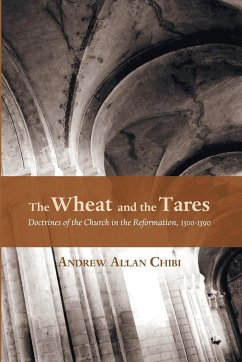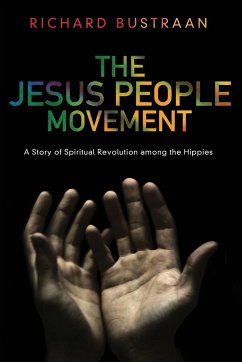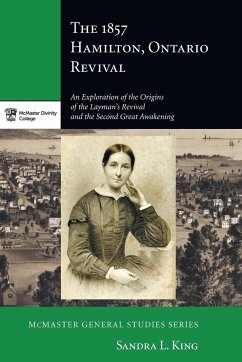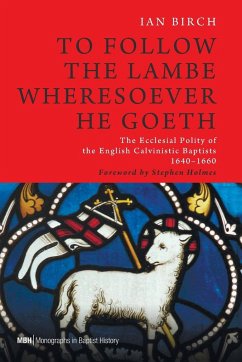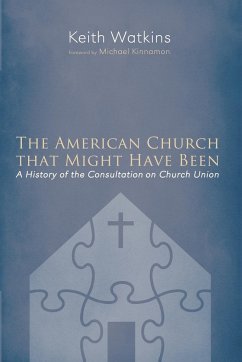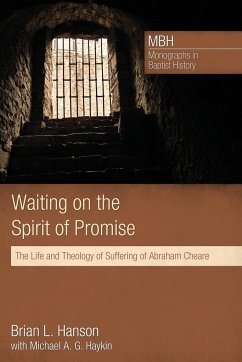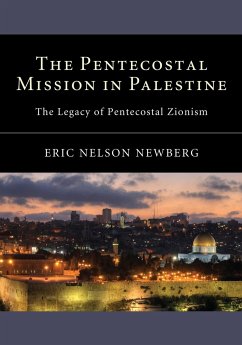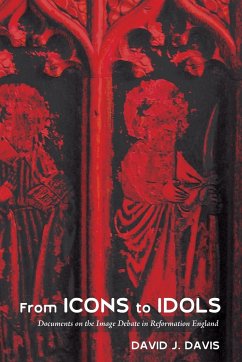In 1500 Christians knew that God gave them the church to shepherd believers toward salvation and that it was centered at Rome and ruled by a pope. Today, that church is but one of forty thousand Christian denominations, each with distinctive structures and doctrines. How did this happen? Then, as now, all aspects of the church--from its divine mission to its offices and operations, hierarchy, and bureaucracy--were of interest to theologians, thinkers, and troublemakers alike, but for ages there had been satisfaction with the status quo. In the late Renaissance this gave way to frustration and heated debate, as some people wanted fewer clerical controls over their lives, and others sought a church more representative of its purest, earliest form. Ecclesiology (the doctrine and theory of the church) became a major controversy separating not only Roman Catholics from emerging Protestants, but also Protestants from one another. In the writings of the various reformers, the same issues surfaced repeatedly. Jesus's parable of the Wheat and the Tares was discussed often as an image of the church, as reformers sought to rediscover the purity of the church as God's gift. This book uses the words of a range of reformers to explain how the one church began to divide into the many.

